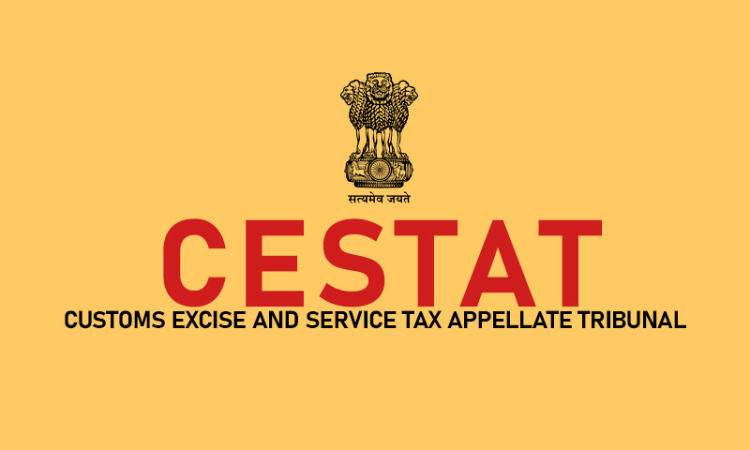The Ahmedabad Bench of Customs, Excise, and Service Tax Appellate Tribunal (CESTAT) has held that under the purview of Section 66A of the Finance Act, 1994, when a permanent establishment of the foreign service provider exists in India, the recipient of service in India cannot be made liable to pay service tax under the reverse charge mechanism.The bench of Ramesh Nair (Judicial Member) and...

